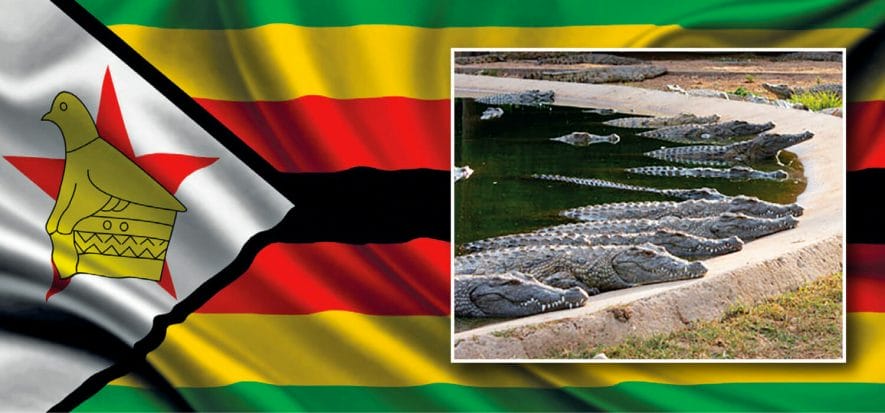Covid-19 slowed the demand for alligator leather. And Padenga Holding, Zimbabwe-based company specialized in exotic leather, announced its results for the quarter that closed on September 30th, which showed a strong slowdown. The good performance of the marketplace in 2019 can be considered as over. The hope is that governments reduce the commercial restrictions they have imposed to that the markets may recover and, along with them, the production of accessories made of exotic leather, which is mainly tanned in Italy and France.
Demand for alligator leather
As reported by chronicle.co.zw, during the quarter that ended on September 30th, Padenga Holdings lost 42% (of volume) of the sales of exotic leather, compared to the previous quarter. “We went from 14,321 pieces of leather to just 8,286 due to the commercial restrictions”, explained the company.
Padenga doesn’t raise crocodiles for leather. Demand for crocodile meat in Europe remained stable and limited even after restaurants reopened. Exports towards the Old Continent in the period stopped at 68.1 tons. “There are some active initiatives to develop the local marketplace and absorb consumption until the international market has recovered”, continues the company.
The hope
The hope is that the weakening of commercial restrictions will determine an increment in the activity of luxury brands. “Tanneries in France and Italy have remained open in the quarter after Covid-19 shutdowns with emphasis on processing skins for their top-tier customers – continues the company -. Strong retail sales have since been recorded across Asia as those regions recovered following lockdowns”.
Meanwhile, the offering is higher than the demand of the marketplace for high-quality leather, which is why the company aligned production to a more correct level. “However, depressed demand for alligator skins – concluded Padenga -, will adversely impact volumes and prices for the next two to three years”.
Read also:










